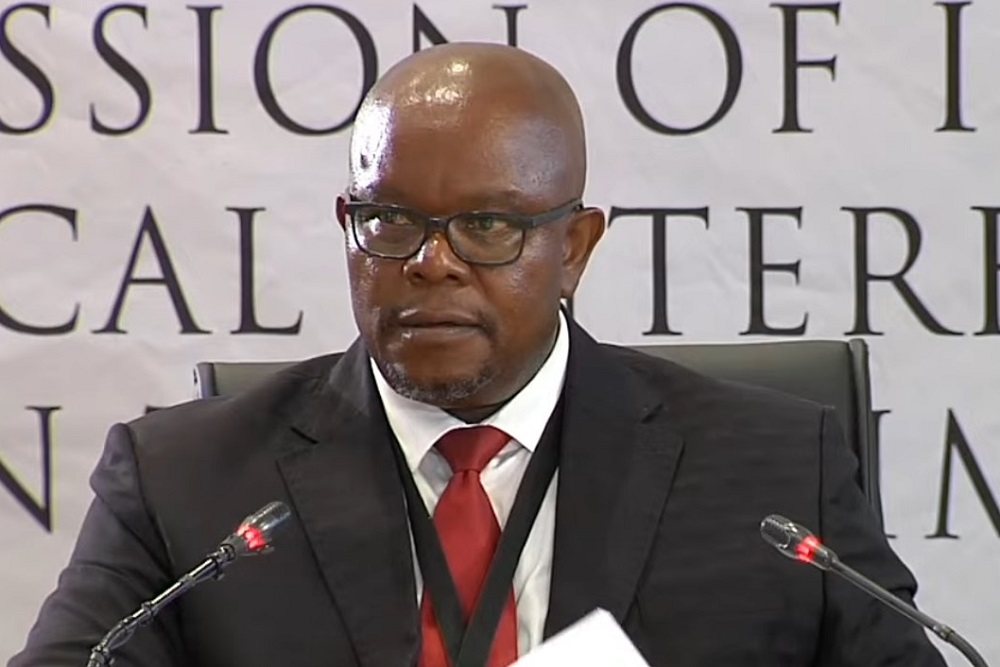-
Young students getting breakfast at a school
The KwaZulu-Natal government says it is working to resolve delays in the payment of service providers by the Departments of Health and Education, which have disrupted critical services such as the school nutrition programme.
The Department of Health has confirmed it owes businesses in the province R1.7 billion, with over 1 500 invoices still outstanding. The non-payment has resulted in some schools being left without food for learners. Both departments cite budget cuts, technical issues and non-compliance by service providers as contributing factors.
Speaking after the weekly Executive Council meeting, KZN Premier Thami Ntuli assured the public that efforts are under way to resolve the issue.
“All our provincial departments will continue to work around the clock with National Treasury to resolve any failures in the technical system,” Ntuli said.
“We can assure the public that the Department of Education has full records of all unpaid service providers. This list has been shared with district officers to ensure that the affected service providers are kept informed and that no further disruption occurs in the provision of meals to learners.”
Regarding the Department of Health, Ntuli condemned the protest action that took place earlier this week.
“We also wish to condemn the barricading on Monday of the offices of the Department of Health by disgruntled service providers. No dispute, however, should be resolved by violence in KZN,” he said.
Ntuli acknowledged the inconvenience caused and called for improved financial resilience among suppliers.
“The contract between government and service providers is not that we will pay when you have been paid,” he said.
“When they are paid, they are not just paid salaries, they are paid what they claimed, including their profits. So, for them not to be able to have savings to sustain the service is something the department again needs to come on board to assist with. They need to understand the management part. That is our responsibility as a government.”
He added that going forward, government departments would work to empower service providers to better manage operational challenges.











